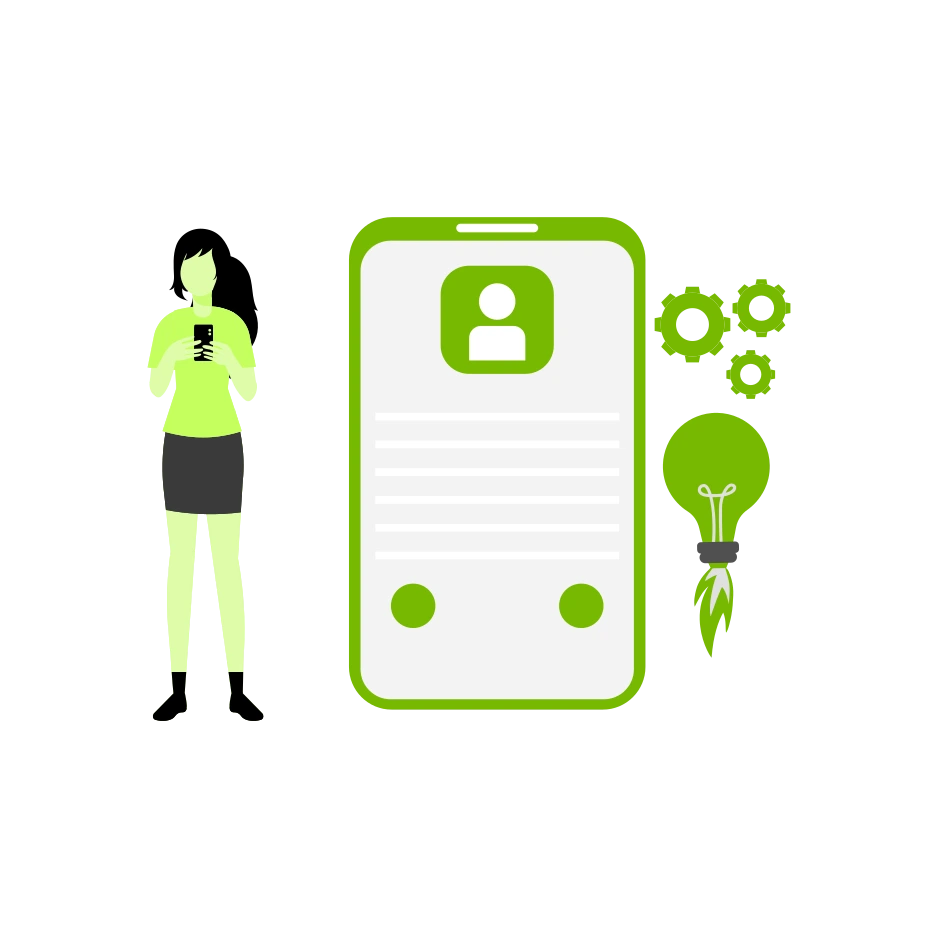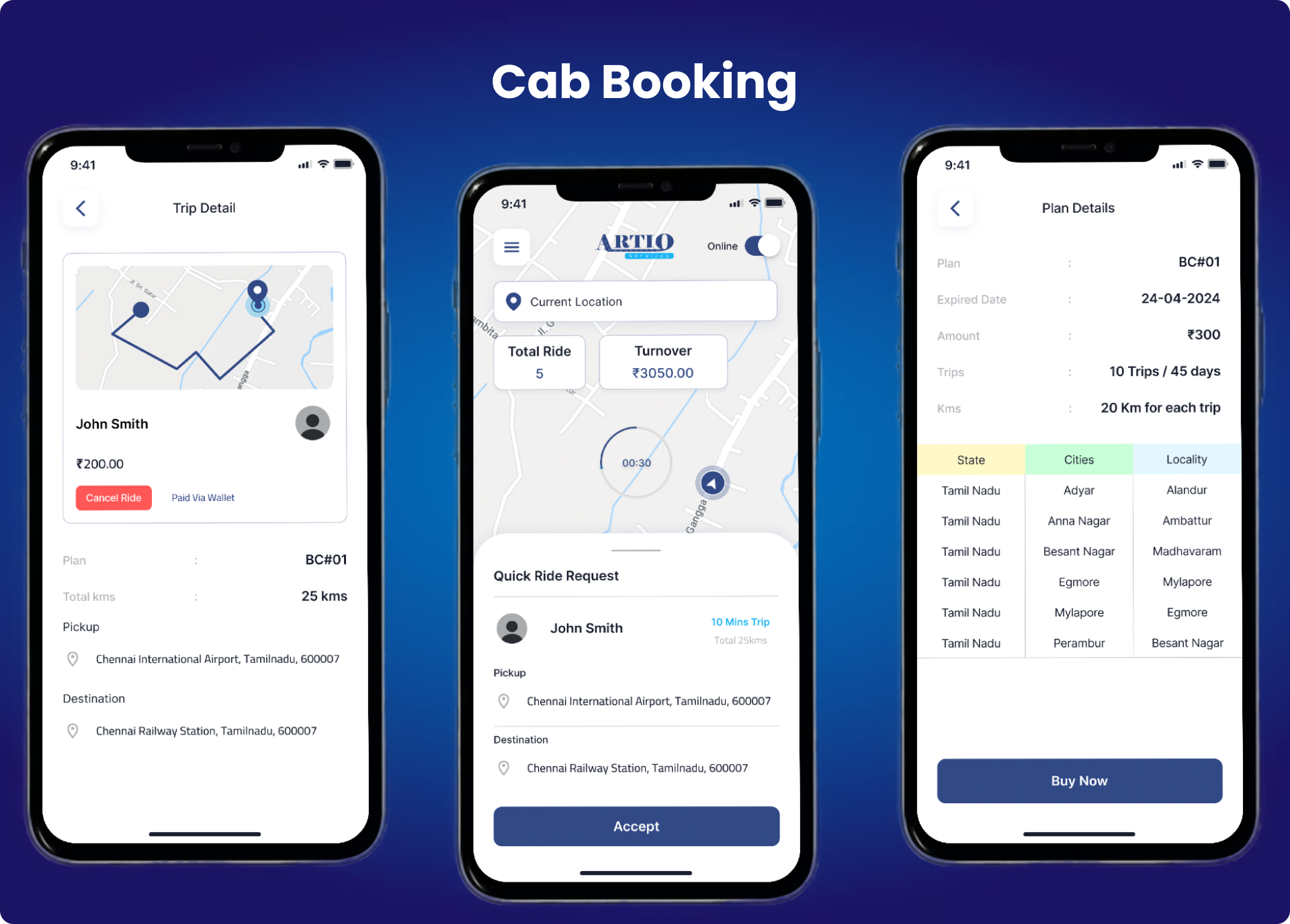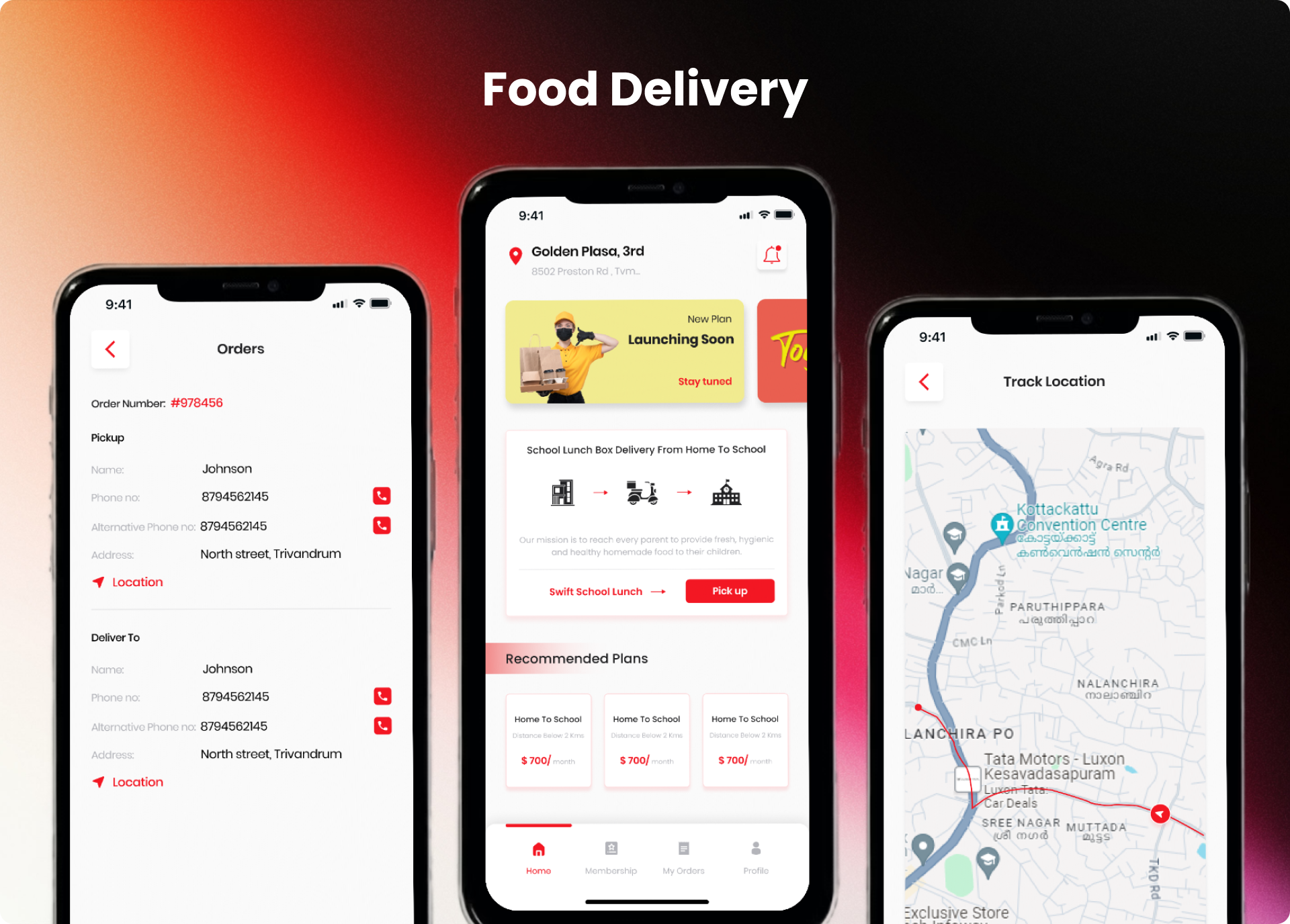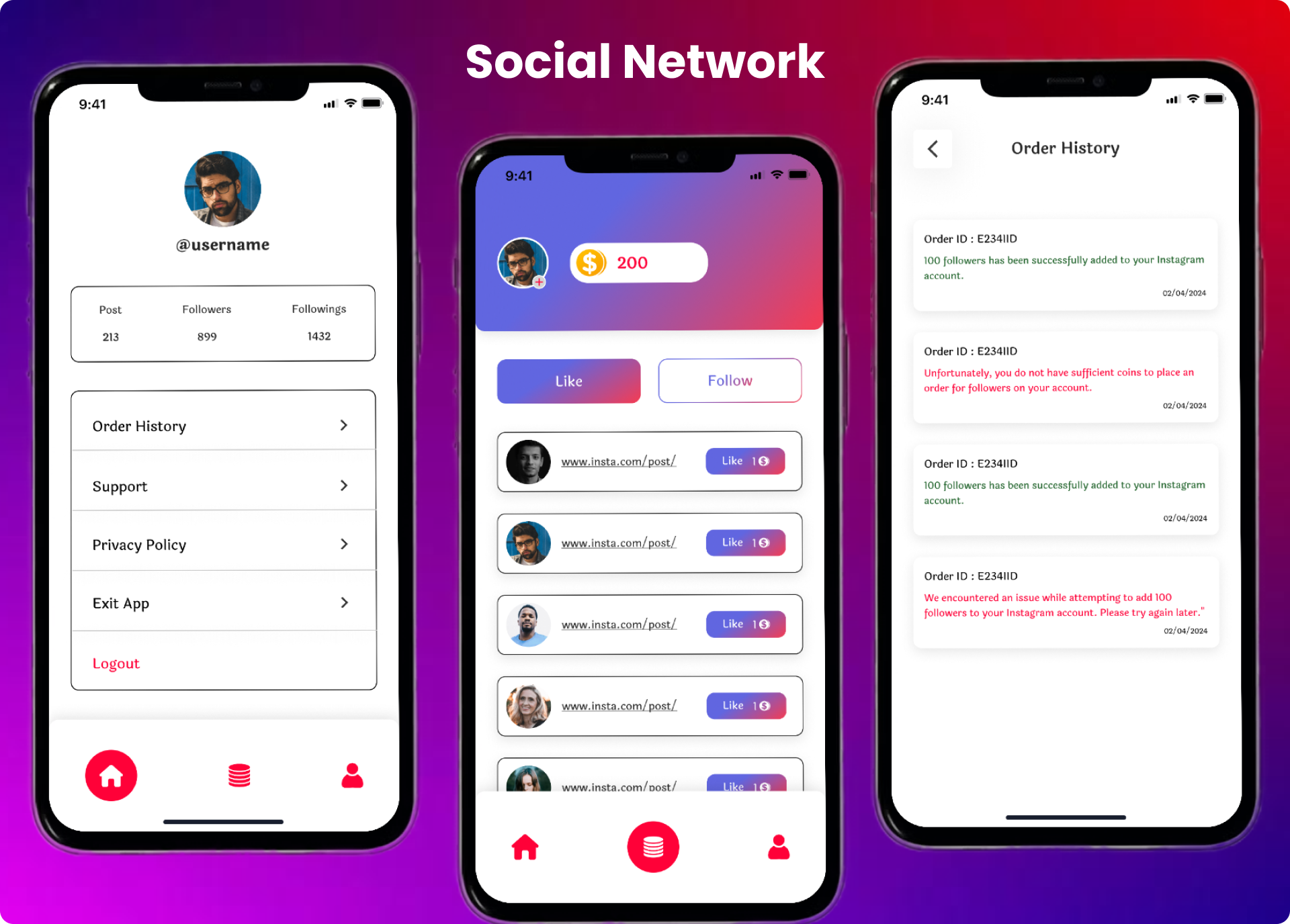
Develop your Mobile Apps with Advanced Secure & Scalability.
Over 300 Mobile Apps Successfully Delivered in 2024—Your Idea Could Be Next!
Connect With Us
Years of Service
5+ Yrs
Executed Projects
1200+
Client Rise
$10 M
What We Do
Cab Booking App

E-Learning App

E-Commerce App

Food Delivery App

Productivity Apps

Entertainment Apps

Game Apps

Health & Fitness Apps

Travel & Tourism Apps

Finance & Budget Apps

News & Magazine Apps

Social Network Apps

Our Project Highlights
Client Testimonials
Fuiox specializes in creating high-performance mobile apps that redefine user experiences. Our cutting-edge solutions empower businesses to innovate, scale, and thrive in the digital era.
Features
Our mobile apps are developed with advanced security measures to protect user data and ensure safe transactions across all devices. We combine best practices with cutting-edge technology to deliver secure and seamless mobile experiences.

App Encryption
End-to-end encryption ensures that all sensitive user data, such as personal information and payment details, are securely stored and transmitted.
Encryptions safeguard against data breaches and unauthorized access.
Regular updates ensure the app’s encryption methods stay ahead of potential threats.

Secure Payments
Utilize tokenization and encryption for payment processing to protect financial transactions.
Mobile apps are integrated with secure protocols and two-factor authentication to prevent fraudulent activities.
Real-time fraud detection ensures instant alerting on suspicious activities.

Biometric Authentication
Implement secure biometric authentication (face ID, fingerprint) to ensure only authorized users can access the app.
Multi-layered security features reduce the risk of unauthorized access.
Biometric data is stored locally on the device, adding an additional layer of protection.

Secure Messaging
Encrypt user messages with end-to-end encryption, ensuring private and safe communication.
Prevent unauthorized access to chat logs and conversations by securing data at every level.
Regular security audits ensure that messaging features remain free from vulnerabilities.

Device Management
Ensure device integrity with secure registration and authentication processes.
Monitor connected devices and restrict access based on security policies.
Remote wipe capabilities allow users to erase data in case of lost or stolen devices.

Secure Updates
Regular security patches and updates are pushed to ensure the app remains secure against new vulnerabilities.
Automatic updates with secure communication protocols reduce the risk of exploitation from outdated app versions.
Users are notified and guided on how to maintain app security through timely updates.

Cloud Security
Secure cloud storage for user data with multi-layered encryption and authentication.
Redundant backup systems ensure that data is recoverable in case of unexpected events.
Cloud environments are regularly tested for vulnerabilities to maintain data integrity and security.

Incident Response
Built-in incident response protocols help identify and mitigate security threats rapidly.
Logs and analytics allow for continuous monitoring and early threat detection.
Dedicated security teams respond swiftly to any breaches or vulnerabilities.
FAQ
What is the role of cybersecurity in mobile app development?
Cybersecurity ensures that mobile apps are protected against threats such as data breaches, malware, and unauthorized access, keeping user information and transactions secure.
Why do we need cybersecurity in mobile applications?
With the increasing number of cyber threats, cybersecurity helps protect sensitive data, prevent financial losses, and build trust among users by ensuring their personal information remains safe.
What are the common cybersecurity threats in mobile apps?
Some common threats include data leaks, phishing attacks, malware injection, insecure APIs, unauthorized access, and weak encryption, which can compromise user data and app functionality.
How can developers secure mobile applications?
Developers can secure apps by using strong encryption, implementing multi-factor authentication, securing APIs, regularly updating software, and conducting security audits to identify vulnerabilities.
How does encryption enhance mobile app security?
Encryption converts sensitive data into unreadable formats, ensuring that even if hackers intercept the data, they cannot access or misuse it without the decryption key.
What role do firewalls and security patches play in app security?
Firewalls act as a barrier against unauthorized access, while regular security patches fix vulnerabilities in the app, ensuring it remains protected from new threats.
How can mobile users protect themselves from cyber threats?
Users should install apps from trusted sources, enable two-factor authentication, keep their apps updated, avoid clicking on suspicious links, and use strong, unique passwords.











